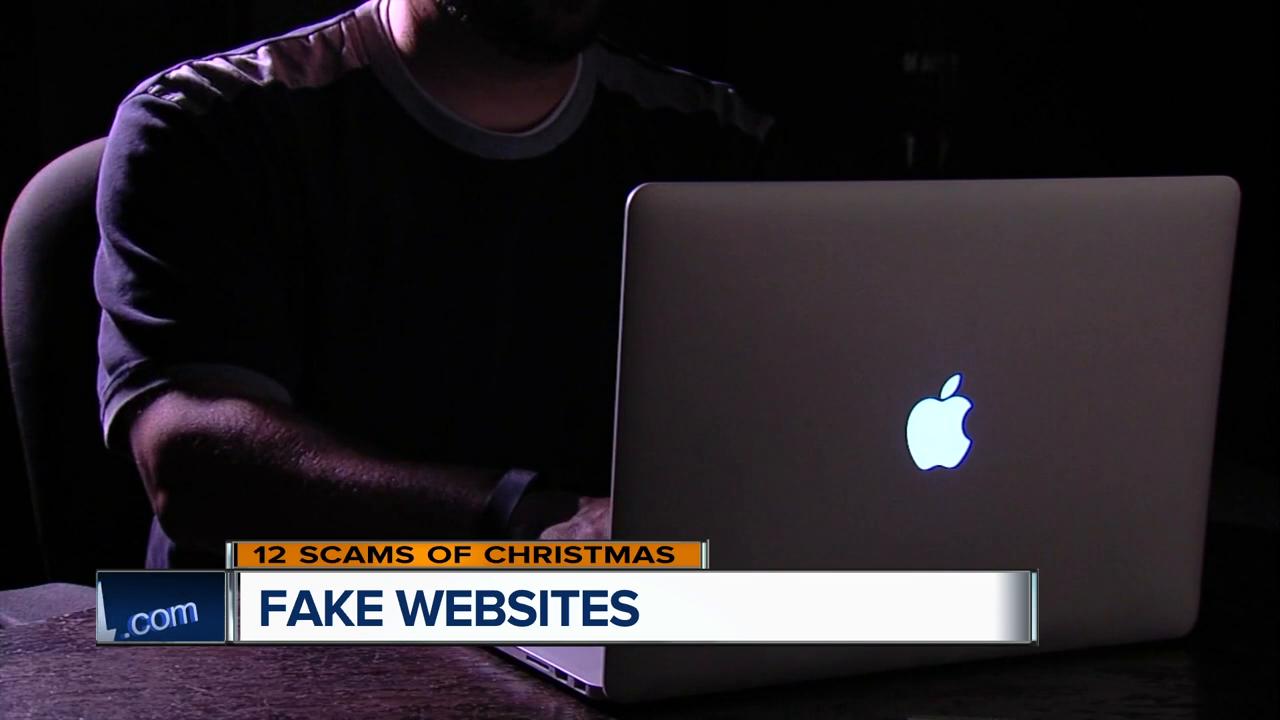MILWAUKEE -- If you're quick to click on the best deal, you could be compromising your information.
Look-a-like website are the part of our 12 Scams of Christmas series.
Scammers like to cast wide nets, sending emails with links to websites.
They entice you to click on links, maybe even filling out shipping or credit card information that is too good to be true.
Aside from emails, these websites can also be found in ads on social media.
"It's misspelled websites, it's websites that come from social media and they're set-up by scammers for the purpose of deliberately getting you to go to those websites and they collect your credit card," said Angie Barnett with the Better Business Bureau.
Before going to the website, hover over the link to view the URL. Watch out for misspellings in emails, including in the sender's email address.
For secure shopping, verify there is a padlock next tot he URL and that it begins with "https" on the checkout page.
Do research on the website. Google the address and the website's name followed by the word "complaints" or "scam to see if anything suspicious comes up.
Last month, our I-TEAM partnered with a tech company to create a five question quiz to sharpen your skills to detect fraud online this holiday season. Click here to take the test.




